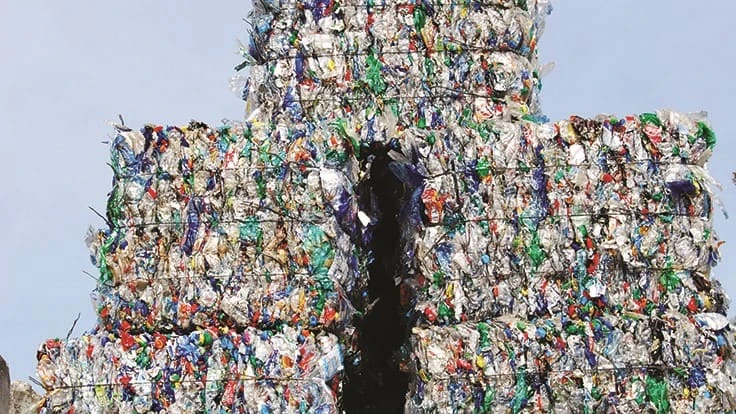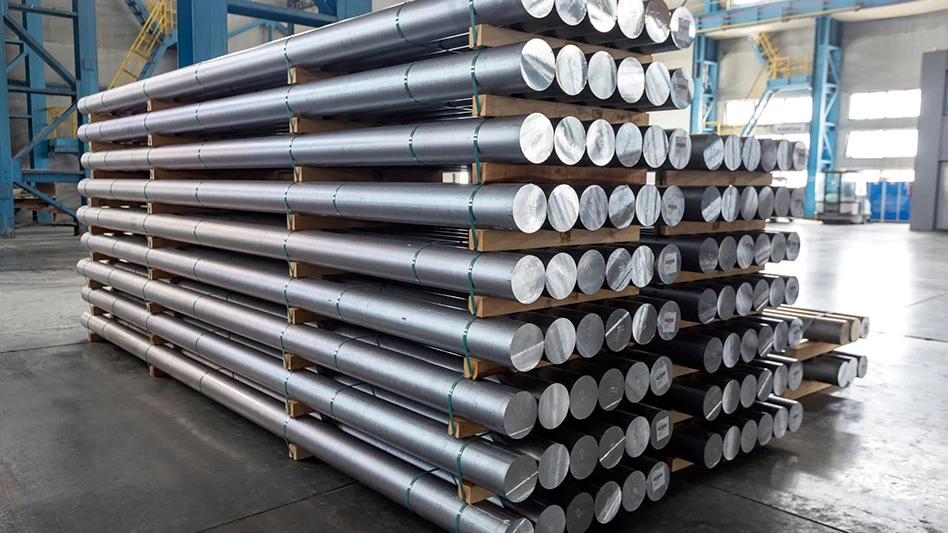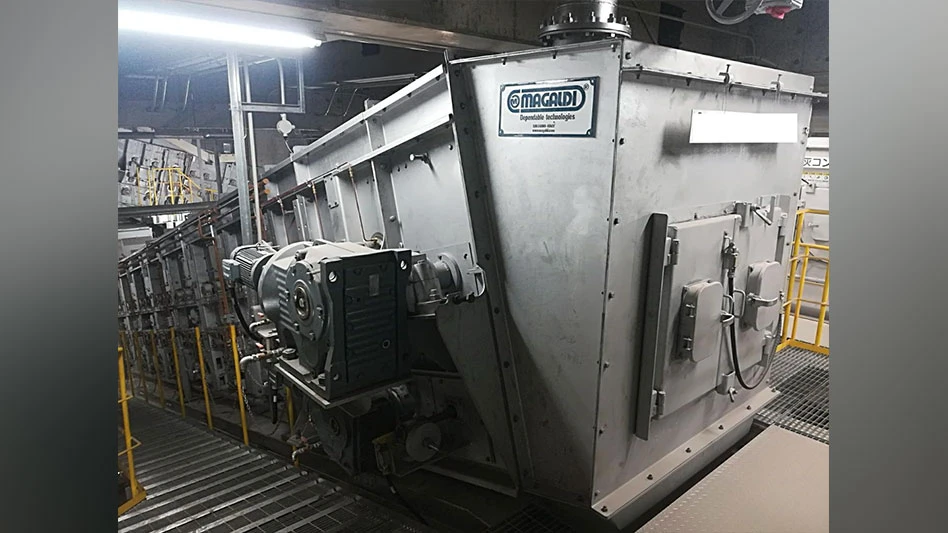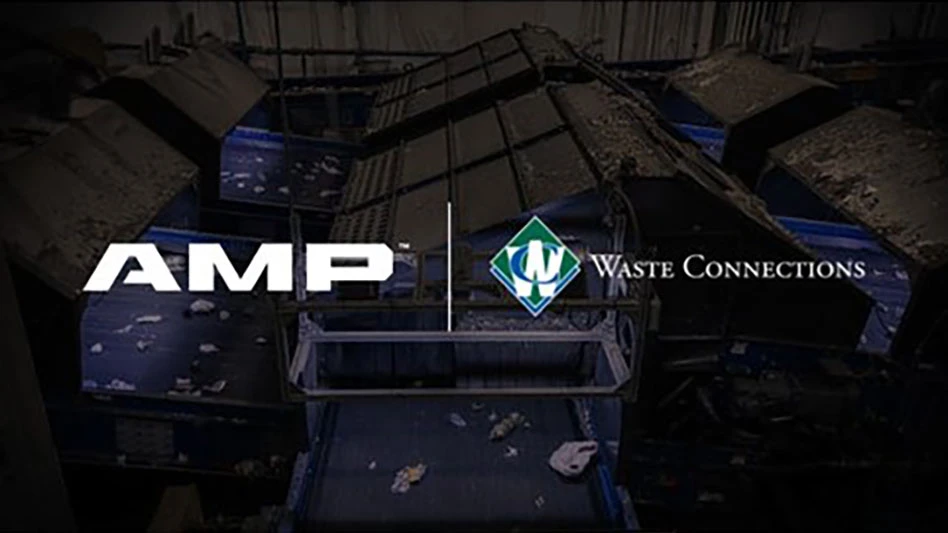
London-based S&P Global Platts, an independent provider of information and benchmark prices for the commodities and energy markets, launched daily spot price assessments for U.S. postconsumer polyethylene terephthalate (PET) bottle bales April 1. The company says the assessments are intended to “bring crucial market insight and price transparency” to the market.
Price transparency
“Our new recycled plastic assessments offer market participants crucial price transparency that helps develop open and fair markets at a time when the supply of quality recycled plastics raw material is their top challenge,” says Ben Brooks, head of plastics recycling price reporting at S&P Global Platts.
“Daily assessments allow us to report on price changes in the market when they happen,” he adds.
S&P Global Platts daily assessments reflect price information for the Greater Los Angeles and Chicago areas on a free-on-board (FOB) basis as gathered and published through Platts’ price assessment process, closing at 4 p.m. central time.
FOB Los Angeles prices reflect premium-grade material, primarily sourced from redemption centers, with a minimum PET content of 70 percent and curbside material with a minimum PET content of 60 percent. Bales sourced from the Los Angeles area should consist of at least 80 percent clear bottles, S&P Global Platts says.
The Chicago assessment reflects mixed-colored bales, excluding black and solid colors, sold on an FOB basis with a minimum PET content of 60 percent and gathered via curbside collection. Bales could consist of clear and transparent green or light blue bottles.
S&P Global Platts says the assessments reflect material that is picked up on the same day up to seven days forward from the date of the transaction. Prices are published in U.S. cents per pound, with transaction volumes for both locations reflecting a typical range of 35,000 to 40,000 pounds (approximately one 53-foot trailer load).
The company has been providing a pricing assessment for recycled PET (rPET) clear flake in Europe since 2008, Brooks says.
In May, Platts introduced daily European spot price assessments of rPET mixed-color flakes and changed the frequency of all its rPET spot price assessments from weekly to daily. In the European market, Platts also offers price assessments for postconsumer PET bottle bales out of Northwest Europe, which it introduced in June 2019, and rPET food-grade pellets out of the U.K and Northwest Europe, which it introduced in February 2019. Assessments reflect free delivered products for Northwest Europe- and U.K.-produced flakes and food-grade pellets. The postconsumer PET bottle bale pricing assessment reflects free delivered material in Northwest Europe, excluding France.
The company offers more information on its new price assessments at www.spglobal.com/platts/en/our-methodology/methodology-specifications/petrochemicals.
“Plastics recycling is a critical component of the circular economy,” says Rob Stier, petrochemical analyst at S&P Global Platts. “In a market where demand will continue to outweigh supply, securing a reliable source of recycled plastics at a fair price will be challenging, and S&P Global Platts Analytics forecasts that competition for quality recycled plastics will be fierce over the next decade. The trend seen in Europe with recycled PET flakes pricing higher than virgin PET may become the new normal, with buyers having to pay a premium for food-grade rPET. Therefore, having confidence in the recycled plastics prices will be increasingly important to help market participants meet the recycled content demanded by the marketplace.”
Tight supply
The COVID-19 pandemic has tightened the supply of PET bottles available for recycling. Normally, that would serve to increase pricing for bales, but the excess of virgin material is available on the market and cheap oil and natural gas prices are depressing pricing for this material. This, in turn, puts downward pressure on rPET pricing, which has been trading at a premium relative to virgin PET.
Stier says the trend in Europe has been for rPET flake to sell from $50 to $100 more per ton than virgin flake, while the premium for rPET pellets exceeds $100 per ton. “The outlook is that that premium will continue at that rate.”
Brooks says the COVID-19 pandemic led the premium for rPET relative to virgin to increase in the U.S. In fact, he says, rPET has sold at a premium to virgin material since the middle of last year, but brand owners so far have remained committed to buying those volumes.
Stier says it will be challenging for brand owners to meet their recycled content commitments, as the amount of rPET available will essentially have to triple over the next five years to meet projected demand. Outbidding their competitors is the easiest way for brands to secure more rPET in the meantime, he says. “They will have to bid way material.”
However, Brooks and Stier say they don’t believe brands will back away from these commitments.
“There are some technical challenges in switching back to virgin material,” Brooks says, adding that technical specifications would need to be redesigned. “That is part of the reason.
“Another reason is that they have publicly committed to these targets,” he continues. “It’s a selling point for them, particularly in Europe and to an extent in the U.S.”
Stier says that if the economics become stressful, either because they have to pay a premium over virgin or because they have to pay more to secure available supply, brand owners may shift to regional recycled-content commitments that emphasize markets that have more fully embraced the circular economy. For example, he says, brands may continue to prioritize recycled content in Europe and North American, but possibly not in other areas of the world. “They may regionalize their commitments in order to satisfy the most demanding environmental consumers yet still meet economic benefits to emerging markets,” Stier says.
“I’m very much speculating, and this is my own personal opinion,” he adds.
In any case, Stier says economics will be a key driver in making the transition to increased use of rPET. “Companies have to realize that virgin is in a trough and their commitment to recycled content will be a cost center.”
“Standardization and commoditization will move forward and create a more standardized market,” Brooks says. While this won’t affect the lack of rPET supply, he says it will make it more of a true commodity market. “That is also the point in which Platts has a part to play in tracking that and ensuring there is transparency in the market.”
The author is editor of Recycling Today and can be contacted at dtoto@gie.net.
Latest from Recycling Today
- Trademark Metals Recycling opens new Florida facility
- Amcor to acquire Berry Global in $8.43B all-stock transaction
- Crown qualifies coils produced at Constellium’s new recycling center
- Ecore receives investment from low-carbon fund
- Chinese policy moves affect nonferrous markets
- Machine learning researched as battery fire detection technique
- ResponsibleSteel says global decarbonization effort needed
- Carolina Metals Group, Spartan Recycling Group to merge





